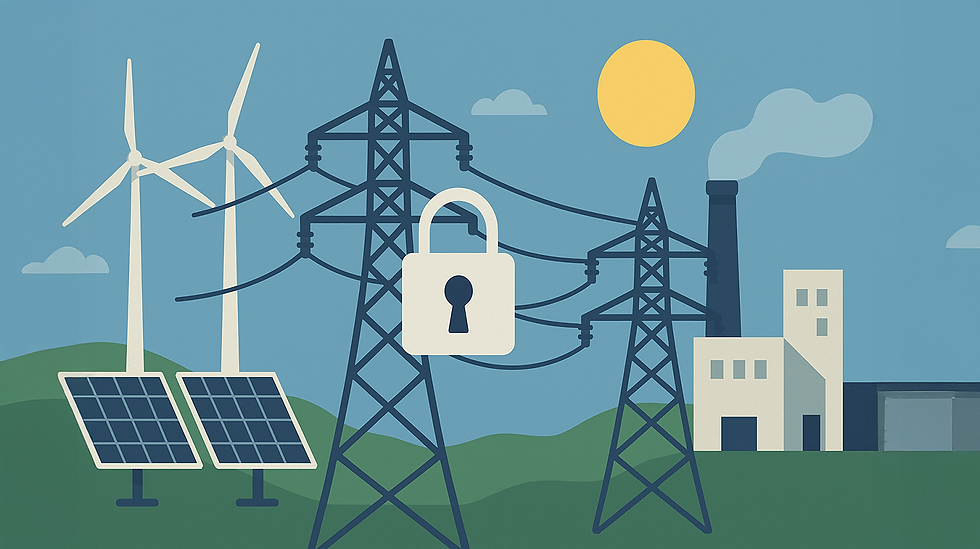The Role of Environmental Psychology in Conservation Efforts
- Yaein Choi

- Dec 31, 2024
- 2 min read

Why do some people diligently recycle while others turn a blind eye to overflowing trash bins? What motivates someone to reduce their carbon footprint, even when the effects of climate change seem distant and abstract? These questions lie at the heart of environmental psychology, a field that examines how humans interact with their surroundings and how these interactions shape behavior. By understanding these dynamics, environmental psychology offers powerful tools for designing effective conservation strategies.
One of the greatest challenges in promoting sustainable behavior is overcoming the “psychological distance” of environmental issues. Problems like climate change often feel remote, either geographically or temporally, making them easy to ignore in day-to-day life. People are more likely to act when they perceive a direct connection to an issue. For example, a campaign highlighting how rising temperatures affect local wildlife is more likely to inspire change than one focused on melting polar ice caps thousands of miles away.
Environmental psychology also reveals the power of subtle behavioral nudges. Small changes in the way choices are presented can have outsized effects on decision-making. Placing recycling bins next to trash cans, for instance, increases recycling rates simply by making the option more convenient. Similarly, messaging that emphasizes social norms—such as “Most people in your neighborhood recycle”—can encourage individuals to align their behavior with that of their peers.
Emotions play a critical role in conservation efforts as well. Fear-based messaging about environmental crises can sometimes backfire, leaving people feeling overwhelmed or powerless. Positive emotions like hope, pride, and a sense of accomplishment, on the other hand, are far more effective in motivating sustainable behavior. Campaigns that focus on collective achievements and actionable steps give people a sense of agency, making the goal of conservation feel both achievable and rewarding.
The insights of environmental psychology are already being applied in diverse ways, from energy-saving programs that provide personalized feedback to urban planning initiatives that encourage walking and cycling. By understanding what drives human behavior, we can bridge the gap between awareness and action. Conservation is not just about protecting the planet—it’s about inspiring people to see their role in creating a sustainable future.



Comments